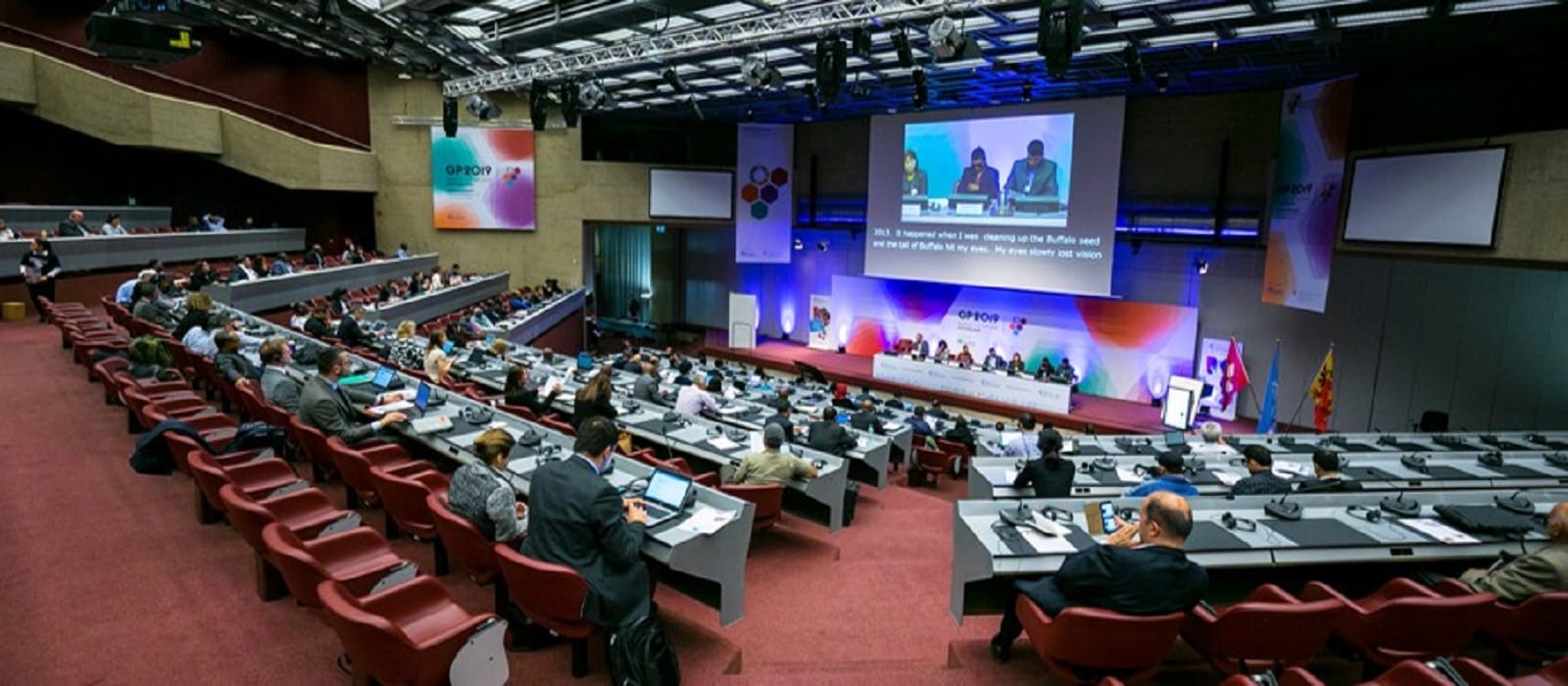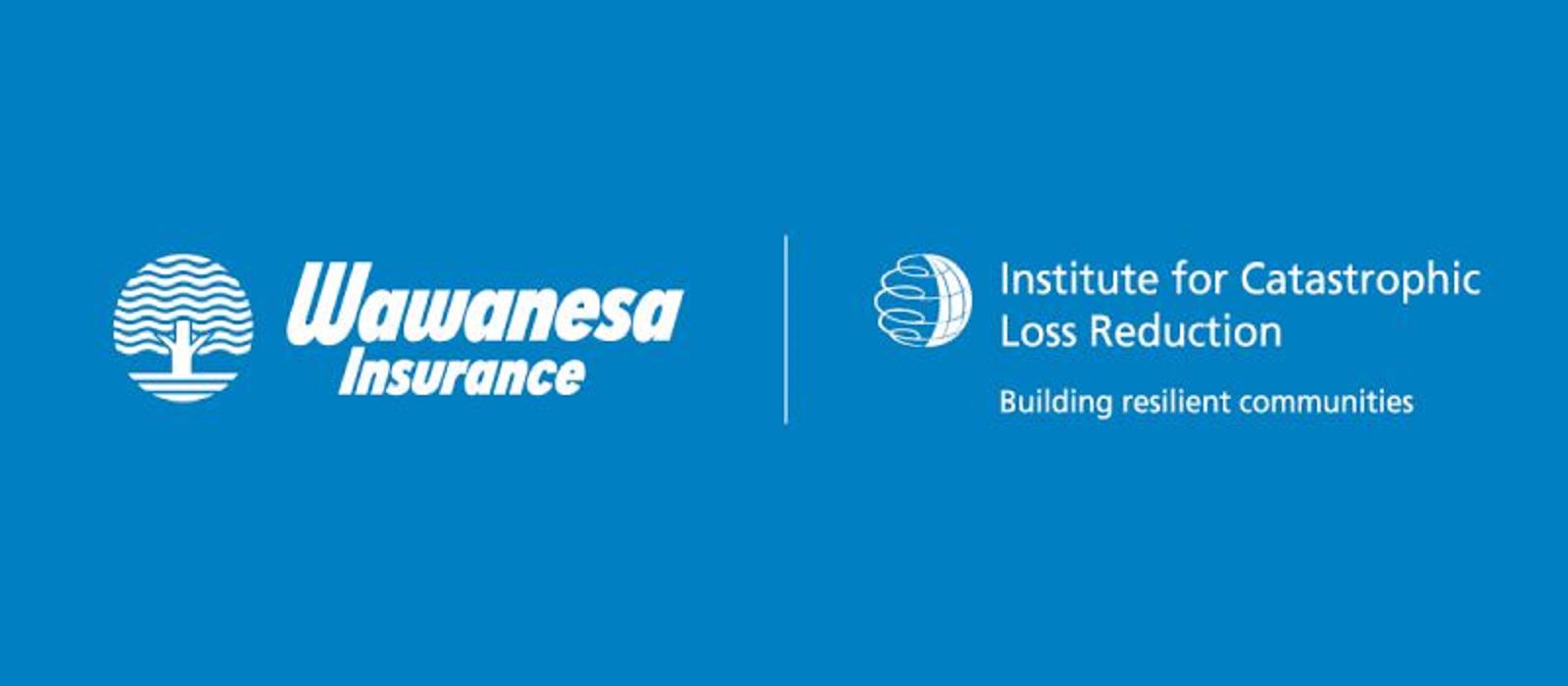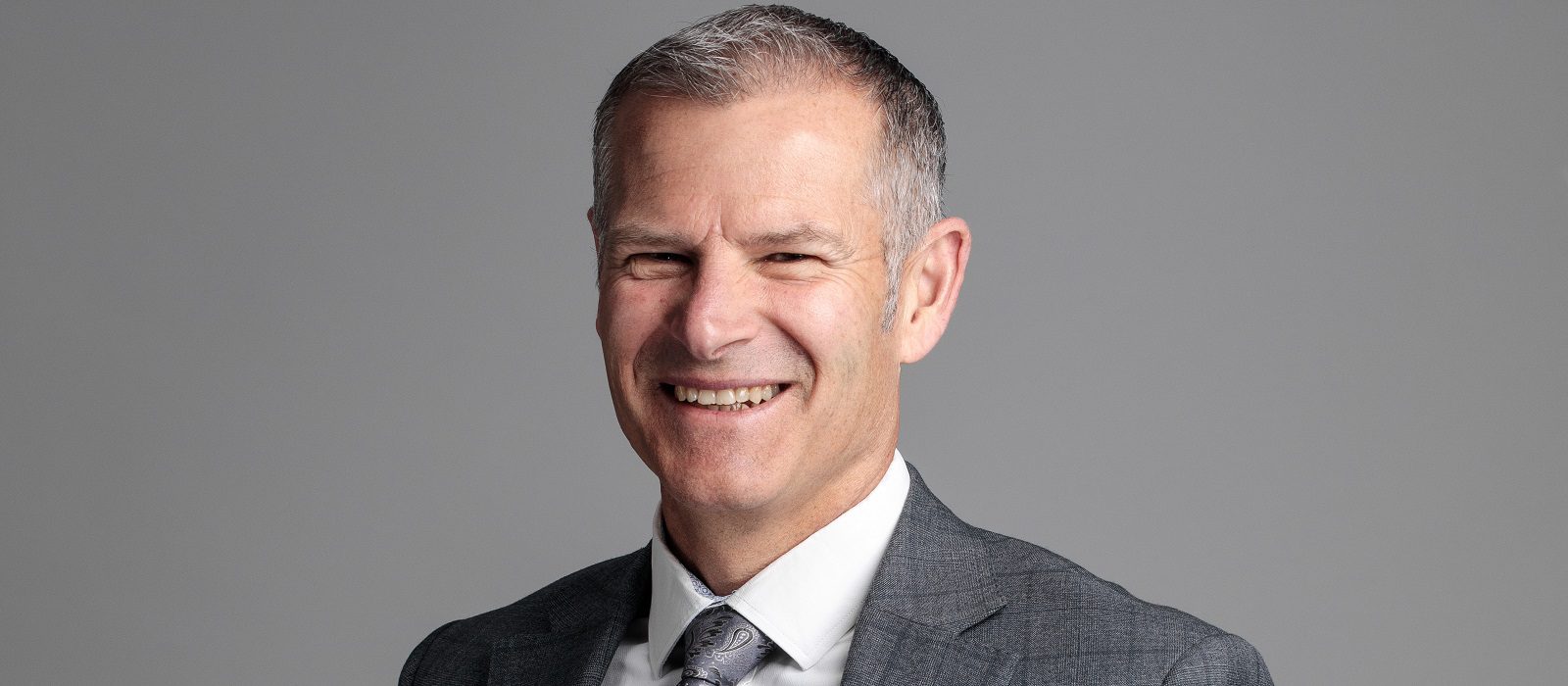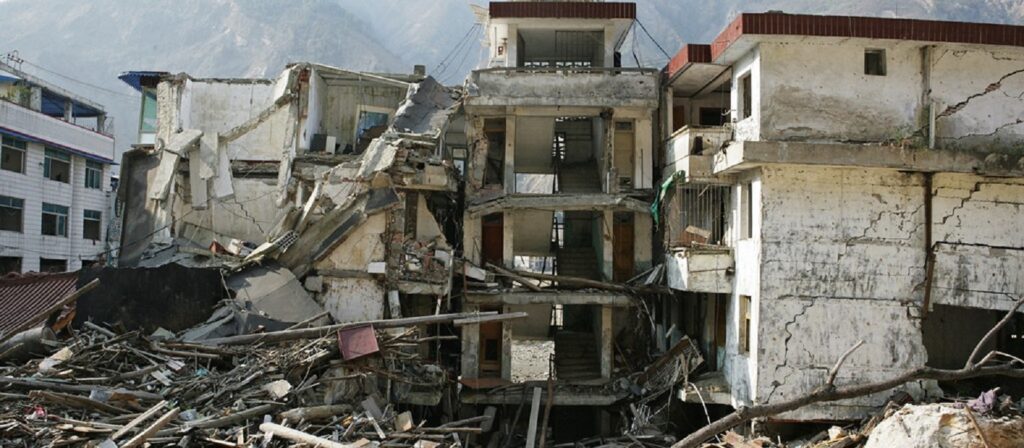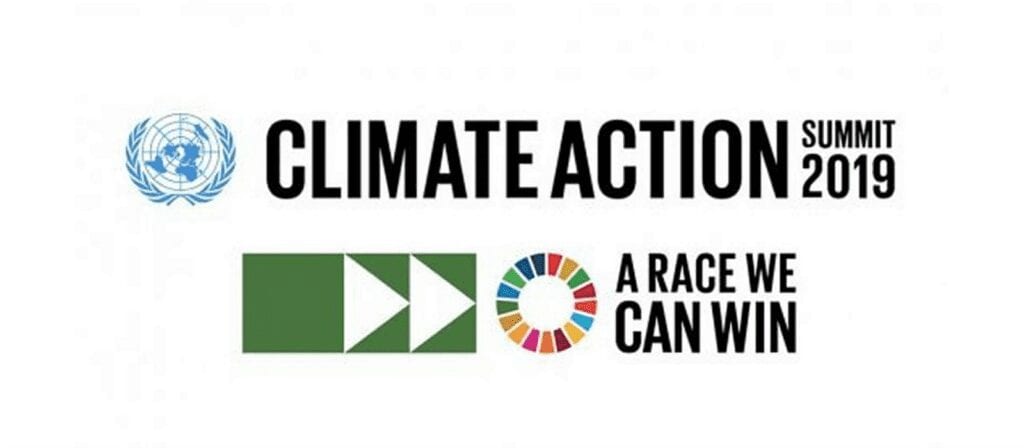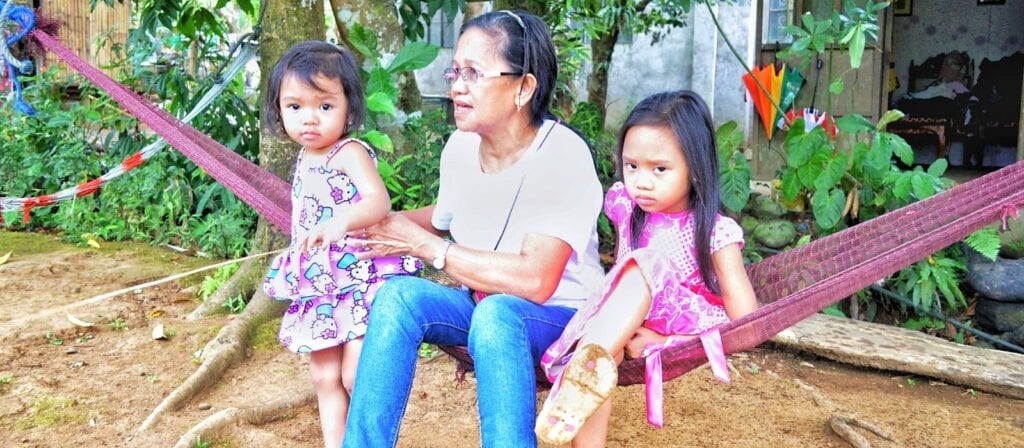The sixth session of the Global Platform for Disaster Risk Reduction took place from 13 to 17 May 2019 in Geneva, Switzerland. It was co-chaired by Mr. Manuel Sager, State Secretary, Government of Switzerland, and Ms. Mami Mizutori, the United Nations Special Representative of the Secretary-General for Disaster Risk Reduction. Participants attended from 182 countries.
The Global Platform for Disaster Risk Reduction is a biennial multi-stakeholder forum established by the UN General Assembly to review progress, share knowledge and discuss the latest developments and trends in reducing disaster risk.
It is hoped that the Global Platform’s focus on “Resilience Dividend: Toward Sustainable and Inclusive Societies” will provide a critical contribution to the 2019 United Nations (UN) High-Level Political Forum on Sustainable Development and the 2019 UN Climate Action Summit. The Global Platform called for accelerated action in achieving the seven targets of the Sendai Framework for Disaster Risk Reduction 2015-2030, and highlighted the importance of disaster risk reduction to achieve the 2030 Agenda for Sustainable Development, and the contribution of the Sendai Framework towards the Paris Agreement, the Agenda for Humanity, the New Urban Agenda and the SAMOA Pathway.
Shaun Tarbuck, Chief Executive, the International Cooperative and Mutual Insurance Federation (ICMIF), took part in a working session on Thursday 16 May at the Platform on “Unlocking the Resilience Dividend,” alongside an eminent panel from around the world. This was an opportunity for Shaun to share the work of ICMIF and its members in the field of disaster risk reduction.
The session’s focus was on the resilience dividend and unlocking the co-benefits in disaster risk reduction (DRR) action. Panelists looked at how achieving the Sendai Framework targets will require DRR investments to become an integral element of development, poverty alleviation, fiscal stability and sustainable economic growth. This session explored the latest developments around the resilience dividend, including in sustainable finance and development financing. There were also good discussions around the concrete opportunities which exist in certain sectors to unlock and promote the economic, social and environmental benefits of disaster risk reduction.
Tarbuck said: “There is a growing realisation across business sectors, including environmental, financial and private sectors about the potential dividends of resilience. Whilst progress may still be slow in some areas in terms of uptake of DRR work and many investments are still not taking full account of possible risks, we see that demand is growing for more sustainable business behaviours. This session was a great opportunity to share the progressive work by ICMIF members in terms of resilience.”
“Many ICMIF members are community-based organisations, working in the community and for the community, creating a trusted and resilient environment for members. These organisations are people-powered and purpose-driven, with values based strategies not just profit focused. Of course ICMIF members, as insurers, exist to pay claims but more importantly these organisations exist to make communities safer and more resilient to life’s shocks. We are more focused on prevention than protection,” Tarbuck continued.
The speaking slot gave Tarbuck the opportunity to share the progressive work by ICMIF members in terms of resilience; just a few examples of this are The Co-operators and Desjardins (both Canada); Securian (USA); Sancor Seguros (Argentina); Folksam (Sweden); Unipol (Italy); Achmea (Netherlands); Zenkyoren (Japan); and CARD MBA (the Philippines). There was also a chance to talk about the work of the ICMIF 5-5-5 Mutual Microinsurance Strategy in improving disaster risk reduction via ICMIF member organisations working with vulnerable communities in the five country projects in India, the Philippines, Sri Lanka and Kenya. ICMIF launched the 5-5-5 Mutual Microinsurance Strategy (the “5-5-5”) to develop mutual microinsurance in five countries (Colombia will launch this year) over five years, reaching out to 5 million uninsured low-income persons insured. The ultimate objective being to take low-income people out of poverty.
In the UNISDR conclusions after the event, it was noted that the 2019 Global Platform had taken stock of the implementation of the Sendai Framework, based on the data submitted by the Member States to the Sendai Framework Monitor, analysis from the United Nations 2019 Global Assessment Report on Disaster Risk Reduction (GAR 2019), and other recent reports such as the Global Warming of 1.5°C report of the Intergovernmental Panel on Climate Change and the report of the Intergovernmental Science-Policy Platform on Biodiversity and Ecosystem Services.
The Global Assessment Report on Disaster Risk Reduction (GAR) 2019 report was launched on the first day of the Platform and well received. The GAR is a biennial global assessment of disaster risk reduction highlighting what’s new, spotting emerging trends, revealing disturbing patterns, examining behaviour and presenting progress in reducing risk. GAR is known for breaking new ground on risk and its reduction – challenging prevailing norms.
The UNISDR noted that progress has been made in implementing the Sendai Framework. 116 countries are reporting through the Sendai Framework Monitor. The UNISDR believes this is a crucial step towards a better understanding of risk and the risk-informed implementation of the Sustainable Development Goals (SDGs).
The Global Platform made the social, environmental, and economic case for disaster risk reduction, says the UNISDR. Examples and research-based evidence provided proof of the multiple dividends of risk-informed decision-making to build resilience, and not only to avoid loss. In practice, however, the post-event statement by the UNISDR notes that the application of risk-informed investment and development decisions are still the exception rather than the rule.
The risk landscape is changing quickly, notes the UNISDR. Diverse risks, ranging from climate and biological to cyber risk have to be accounted for. The addition of new hazards has brought new constituents, including finance, environmental, and private sector actors, to the risk conversation. GAR 2019 stresses that risk is complex and non-linear. Expanded understanding of the full impact and the cascading effects of natural and man-made hazards is critical.
According to the statement released by the UNISDR after the event, the current pace and scale of action will not achieve the targets of the Sendai Framework, which in turn will jeopardize the achievement of the SDGs by 2030. The Global Platform recognised these challenges and called for greater ambition, commitment, and leadership by all governments and stakeholders.
International cooperation and multilateral action remain essential to manage the global and systemic nature of disaster risk and to provide the necessary support to developing countries, says the UNISDR. At the same time, inclusive local action is the way to success in managing disaster risk and its cascading effects.
The overarching message of the Global Platform, according to the UNISDR, was that resilience pays off. A strong call was made to leaders at all levels to ensure resilience dividends for all. Risk-informed investments are essential for sustainable development and inclusive societies.
